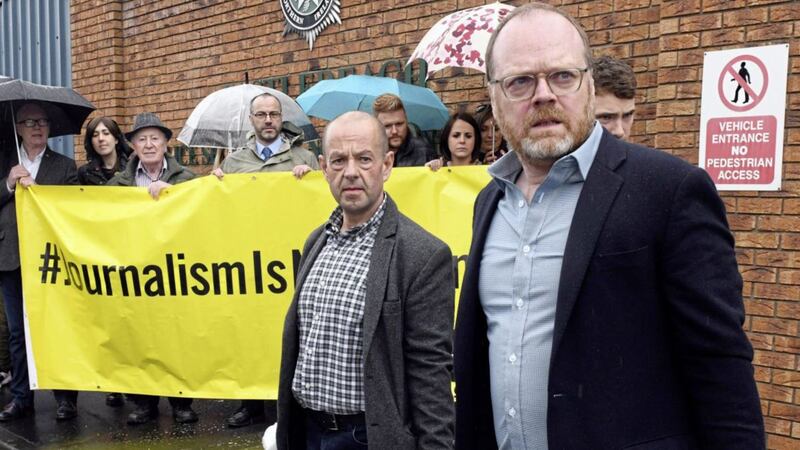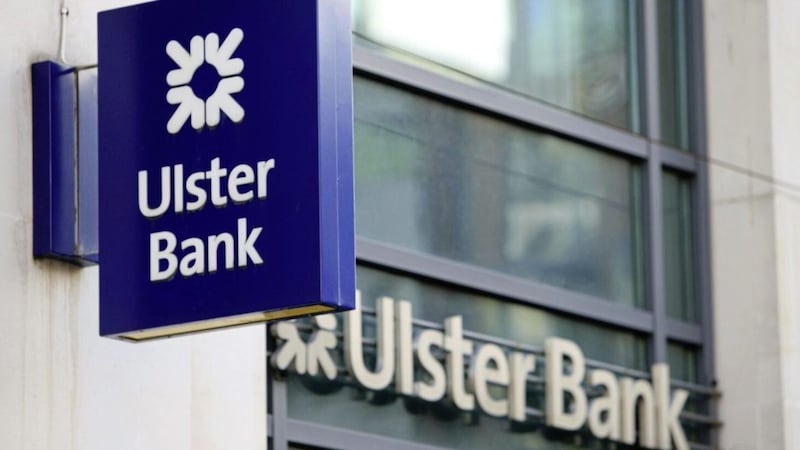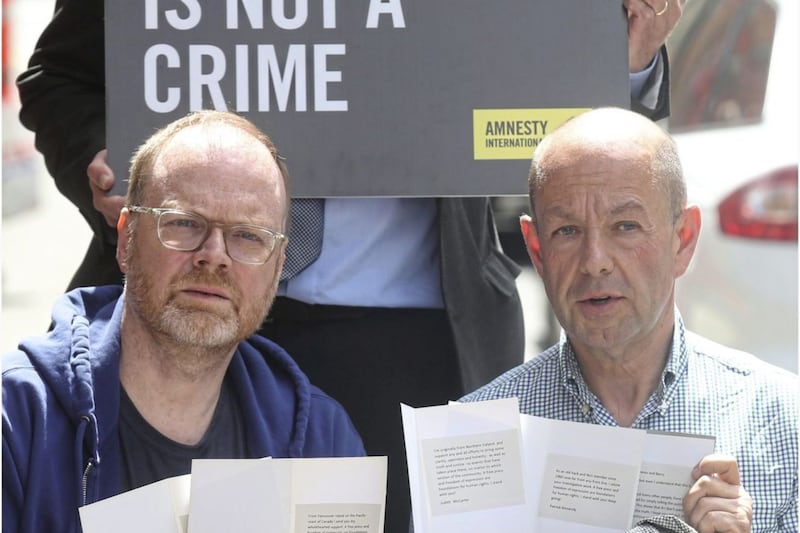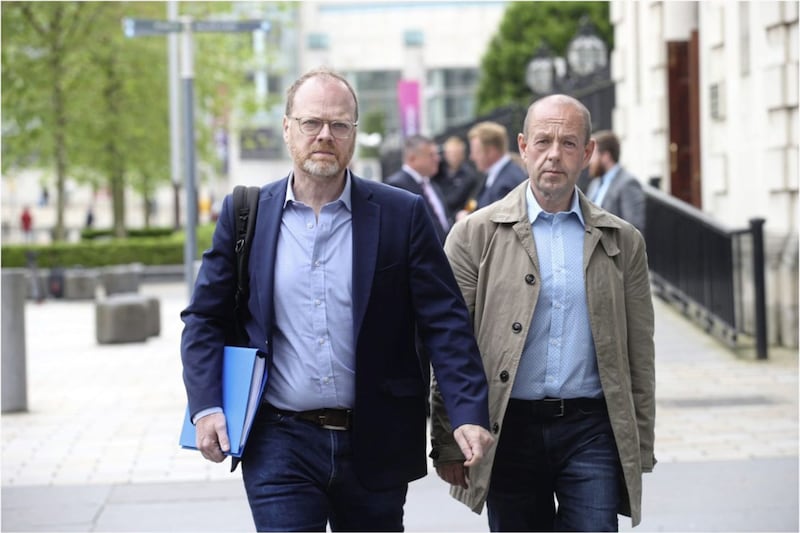THERE was a certain inevitability to the announcement on Monday evening that the police investigation into two Belfast journalists had ended.
An inevitability because despite the high-profile nature of the arrests and vast sums of public money spent pursuing Barry McCaffrey and Trevor Birney, their arrests appeared to be little more than a stunt that was always going to fall at the first substantial challenge.
Being a journalist in Northern Ireland has always been a profession laced with a degree of danger.
Knocks on the door by police are more commonly to hand over a blue slip of paper with an ominous message about a threat to a reporter's life from one dodgy organisation or another.
But when the threat to a journalist's work comes not from shadowy organisations but from the police, when the knock on the door is to take them from their home to a custody suite cell because their work uncovered uncomfortable truths, then alarm bells should sound and sound loudly.
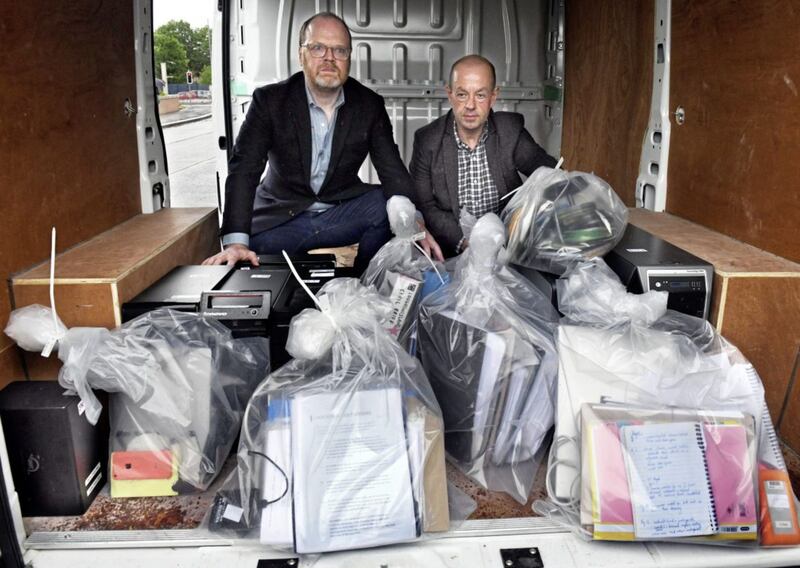
It is no coincidence that when a country falls under the rule of a dictatorship that the free press are the first to come under attack.
This is not a practice that should have been associated with the PSNI, formed we were told to redress an imbalance and encourage confidence in policing.
Read More
- Séamus Dooley: Outcome of journalists' case a chink of light in the darkness
- David Davies: A truly free press must be able to expose uncomfortable truths
When I became a journalist it was to challenge those in power, to give a voice to the voiceless and to hopefully hold the state - be they politicians or police - to account in the public interest.
If you asked Barry McCaffrey I'm quite sure he would say the same. He has dedicated a large part of his career to working with the victims of Troubles atrocities and investigating state collusion with the killers of their loved ones.
He has invested a large part of himself in that task and that was obvious from his emotional reaction at the conclusion of the investigation this week.
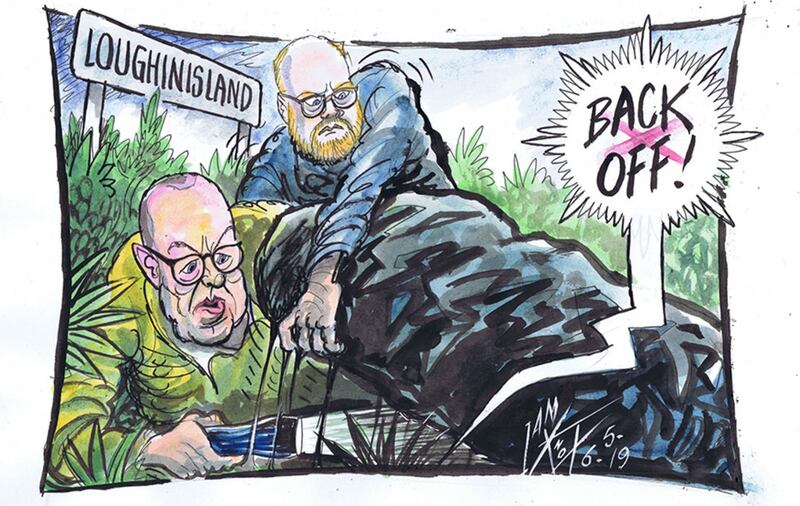
Trevor Birney is also a documentary-maker of some acclaim. His company Fine Point Films has make award-winning political and social commentary documentaries, No Stone Unturned being just one of those, albeit now the most well known due to the police response to its findings.
Read More
- Loughinisland suspect Ronnie Hawthorn said he was 'stressed' after film claims
- PSNI and Durham chief constables 'must apologise' over documentary arrests
Journalism - and I don't mean the 'infotainment' and clickbait soundbites of a digital age, but actual investigative journalism that makes a difference - will often require a journalist or a whistle-blower to take risks.
When those risks are in the public interest then there should always be protection for those brave enough to kick open a door and shine a light.
Nowhere is this more important than in places such as Northern Ireland, emerging from conflict, with unsolved murders and grieving victims.
Those who seek to expose wrongdoing, whether in print, online media or in the field of film-making, deserve the protection to do so without fear of arrest or imprisonment.
The high-profile nature of their arrests and the global attention it received is not much of a legacy for Chief Constable George Hamilton to be taking from his five years in the top policing post.
There are many questions still to be answered as to why this investigation was carried out in the way that it was, why it could not have been conducted in a manner that would not have been so damaging to confidence in policing.
But the most pressing question is and will always be, why have the killers of Adrian Rogan, Malcolm Jenkinson, Barney Green, Daniel McCreanor, Patrick O'Hare and Eamon Byrne never been brought to justice?
Why were so many stones left unturned?
